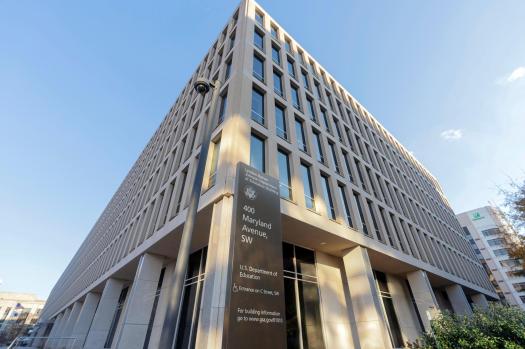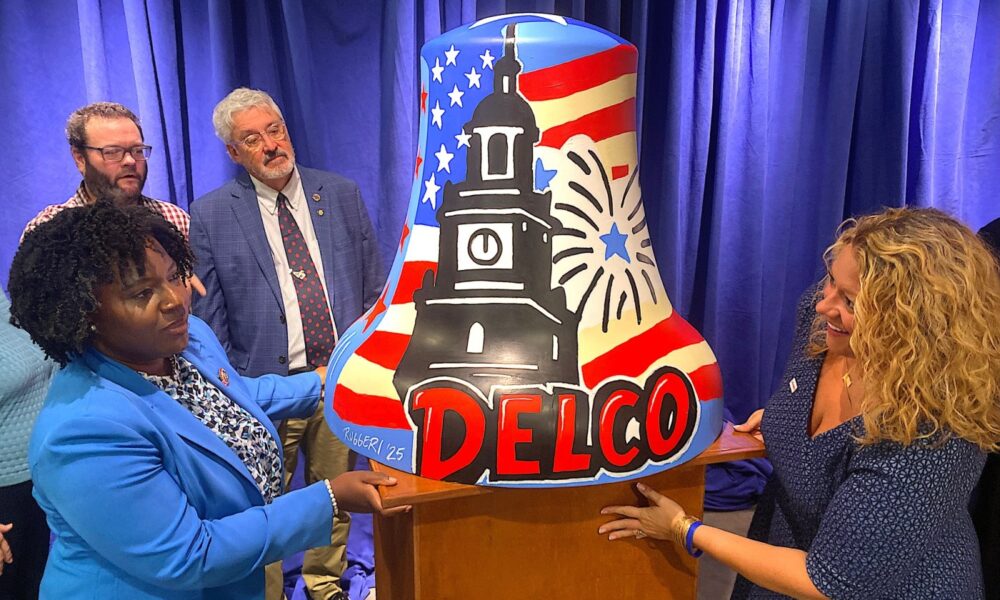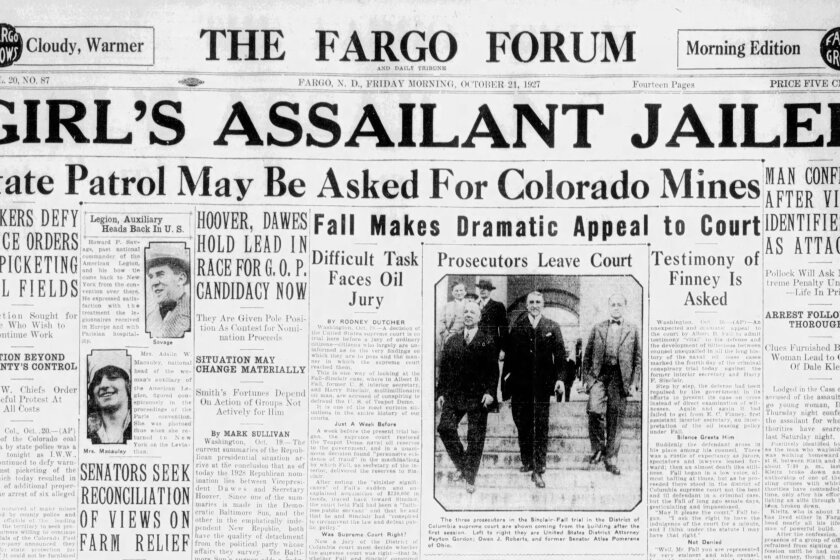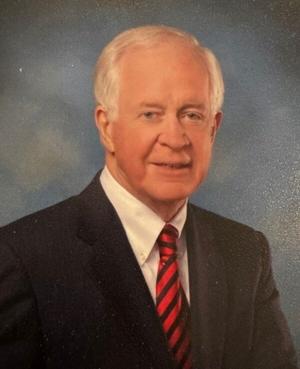More than 20 states led by Democratic attorneys general have initiated a legal challenge against a new policy from the Trump administration that restricts access to the Public Service Loan Forgiveness program. This program, which is designed to provide loan cancellation for nonprofit and government workers, will now exclude employees from organizations deemed to have a “substantial illegal purpose.”
The lawsuit, filed on March 15, 2024, in Massachusetts, asserts that the administration exceeded its authority by imposing new eligibility criteria. The states contend that the changes will exacerbate job shortages and destabilize the workforce in public service sectors. The challenge is spearheaded by attorneys general from New York, Massachusetts, California, and Colorado, with New York Attorney General Letitia James describing the new rule as “a political loyalty test disguised as a regulation.” She emphasized the unfairness of denying loan forgiveness to “hardworking Americans based on ideology.”
In addition to the states, a coalition of cities, nonprofit organizations, and labor groups has filed a separate lawsuit in Massachusetts. This coalition includes prominent cities such as Boston, Chicago, Albuquerque, San Francisco, and Santa Clara, along with the National Council of Nonprofits.
Responding to the legal actions, Nicholas Kent, Under Secretary of Education, defended the policy, claiming it is essential to prevent taxpayer funds from supporting organizations involved in activities such as terrorism and child trafficking. Kent stated, “This is a commonsense reform that will stop taxpayer dollars from subsidizing organizations involved in terrorism, child trafficking, and transgender procedures that are doing irreversible harm to children.” He asserted that the Department of Education will enforce the rule impartially, without regard to the mission or ideology of the employers.
Another legal challenge is anticipated to be filed by the Robert F. Kennedy Human Rights advocacy organization, the American Immigration Council, and The Door, represented by Student Defense and Public Citizen.
Established by Congress in 2007, the Public Service Loan Forgiveness program aims to encourage graduates to pursue lower-paying public sector roles. It promises to forgive federal student loans after ten years of payments while working in government or qualifying nonprofit positions. Since its inception, over 1 million Americans, including teachers, firefighters, nurses, and public defenders, have benefited from the program.
The recent policy change, finalized last week, stipulates that organizations can be excluded if they engage in activities such as child trafficking or “chemical castration” of children. The term “chemical castration” refers to the use of hormone therapy or puberty blockers, which are common forms of gender-affirming care for transgender youth. The Education Secretary has the final authority to determine whether an organization’s activities constitute an illegal purpose, using a standard based on the “preponderance of the evidence.”
The states argue that this policy allows the Secretary to unilaterally deem entire state governments, hospitals, schools, and nonprofits ineligible for the program. They contend that Congress intended for the benefit to extend to all government workers, leaving no room for the Education Department to impose such limitations.
The lawsuit seeks a federal court’s declaration that the policy is unlawful and requests that the Education Department be barred from enforcing it. As the legal landscape surrounding student loan forgiveness continues to evolve, the implications for public service workers and their ability to access financial relief remain a pressing concern.







